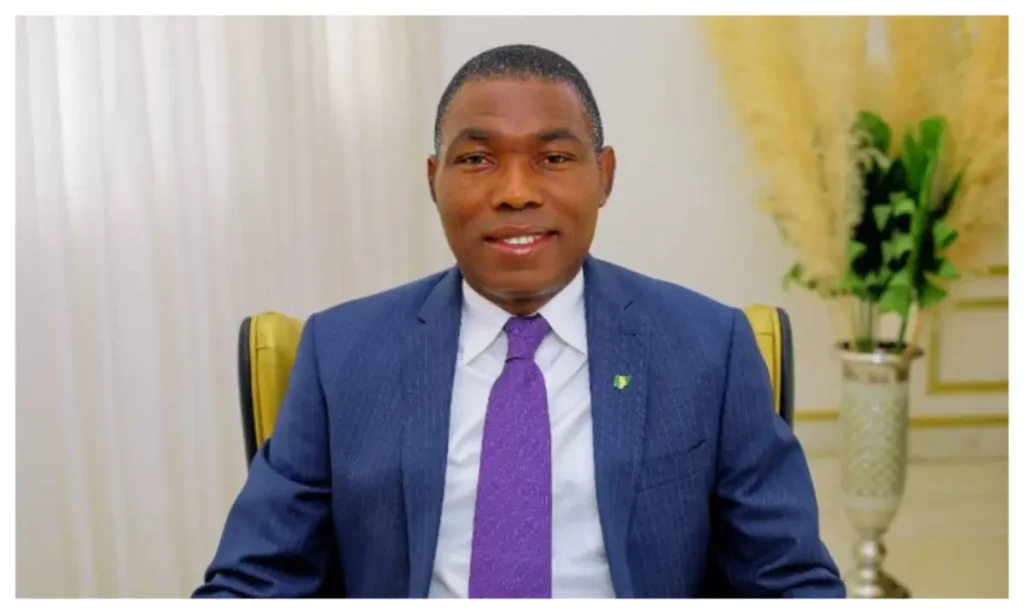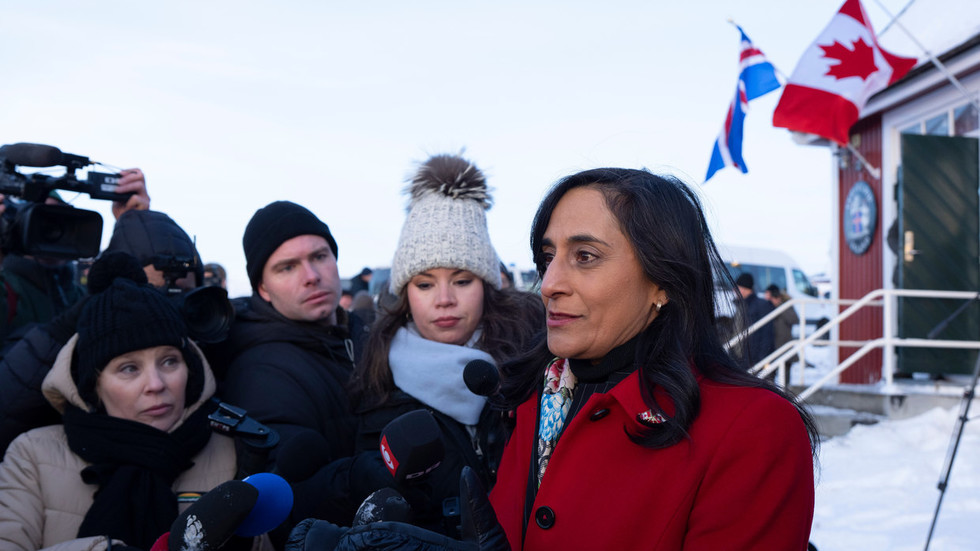Global health financing is facing a significant threat due to drastic cuts, potentially undermining efforts to combat AIDS, tuberculosis, and malaria. The United States, previously the largest funder of global health programs, has suspended and is reviewing all international aid, leaving nearly $3 billion of its $6 billion pledge to the Global Fund to Fight AIDS, Tuberculosis and Malaria unfulfilled for 2023 to 2025.
The Global Fund plays a crucial role in supporting fragile health systems across Africa, Asia, Latin America, and beyond, providing grants for medication, diagnostic tests, and disease prevention efforts. Without substantial pledges in the coming weeks, decades of progress in reducing illness and death from these diseases could be reversed. Anele Yawa, General Secretary of the Treatment Action Campaign in South Africa, warns that failing to meet the Global Fund’s replenishment targets would be a “mortal blow” to the response to HIV, TB, and malaria.
Doctors Without Borders (MSF) is deeply concerned about the impact of weakening support for the Global Fund, citing examples of community-based health organizations scaling back plans due to financial uncertainty. In Honduras, abrupt cuts to HIV prevention and care programs have resulted in patients losing access to pre-exposure prophylaxis (PrEP) and health workers losing their jobs. MSF’s Senior HIV/TB Advisor, Antonio Flores, notes that the consequences are already visible, with patients returning with advanced opportunistic infections.
Despite medical advances, HIV still causes an estimated 1.3 million new infections and over 600,000 deaths annually. Tuberculosis claims around 1.5 million lives per year, while malaria remains the leading cause of death among children under five in endemic countries. The Global Fund and its partners have made significant progress in improving prevention and treatment outcomes, but this progress is now at risk due to funding cuts.
MSF urges key donor countries to maintain their critical support to the Global Fund, emphasizing that the fight against these diseases is a global, generational challenge that is far from over. The organization also highlights that domestic resource mobilization cannot replace global health funding in many of the places it works, as the cost burden increasingly falls on patients who cannot afford care. With the Global Fund’s next funding cycle due in November, the international community must act quickly to ensure that progress against these diseases is not reversed.



